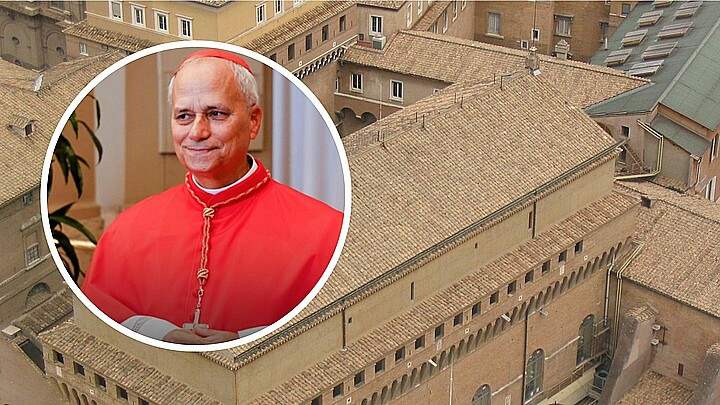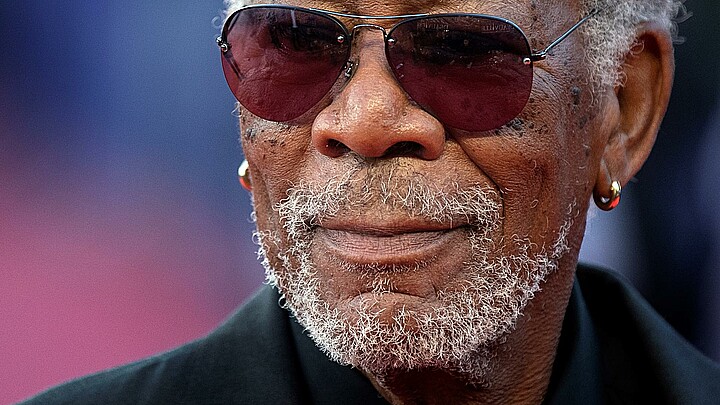Culture
Archbishop calls social justice, identity politics 'dangerous substitutes for true religion'
December 10, 2021 10:38am
Updated: December 10, 2021 10:38am
A Mexican-born archbishop has called Catholics to action to respond to “wokeism,” which he called “profoundly atheistic” theories that “deny the soul” and “reduce what it means to be human to essentially physical qualities.”
Archbishop José H. Gomez of Los Angeles gave a video address to the Congress of Catholics and Public Life in Spain in early November, where he explained how “political belief systems based on social justice or personal identity have come to fill the space that Christian belief and practice once occupied.”
“An elite leadership class has risen in our countries that has little interest in religion and no real attachments to the nations they live in or to local traditions or cultures,” Gomez said of the secular forces taking over modern institutions like corporations, government, universities and the media.
The Los Angeles archdiocese leader said that the social justice narratives were attractive because they respond “to real human needs and suffering,” especially those who “feel discriminated against and excluded from opportunities from society.”
However, they are dangerous because they “believe that we can create a kind of ‘heaven on earth,’ a perfectly just society, through our own political efforts.” Their utopianism denies God and that human nature is imperfect, which explains social justice warriors’ “extremism, and their harsh, uncompromising, and unforgiving approach to politics.”
Some Black Catholics objected to the argument, interpreting Gomez’s criticism of social justice activism, like "anti-racism" and Black Lives Matter, as corrosive secularism being pushed by an “elite leadership class.”
The archbishop’s defenders have pointed out that Gomez is one of American Catholicism’s champions of anti-racism and immigration. He wrote Immigration and the Next America: Renewing the Soul of our Nation while he was chairman of the United States Council of Catholic Bishop’s committee on migration.
Charles C. Comosy, professor of theological ethics at Fordham University, explained that while Catholics agree that anti-racism is rooted in Christian ideas, modern movements have combined it into “a much broader worldview” that also takes positions on matters relating to "family, sex, gender, and reproductive justice.”
“It is this broader worldview to which Gomez is clearly objecting here, because it is often explicitly hostile to traditional Christianity,” said Comosy.










